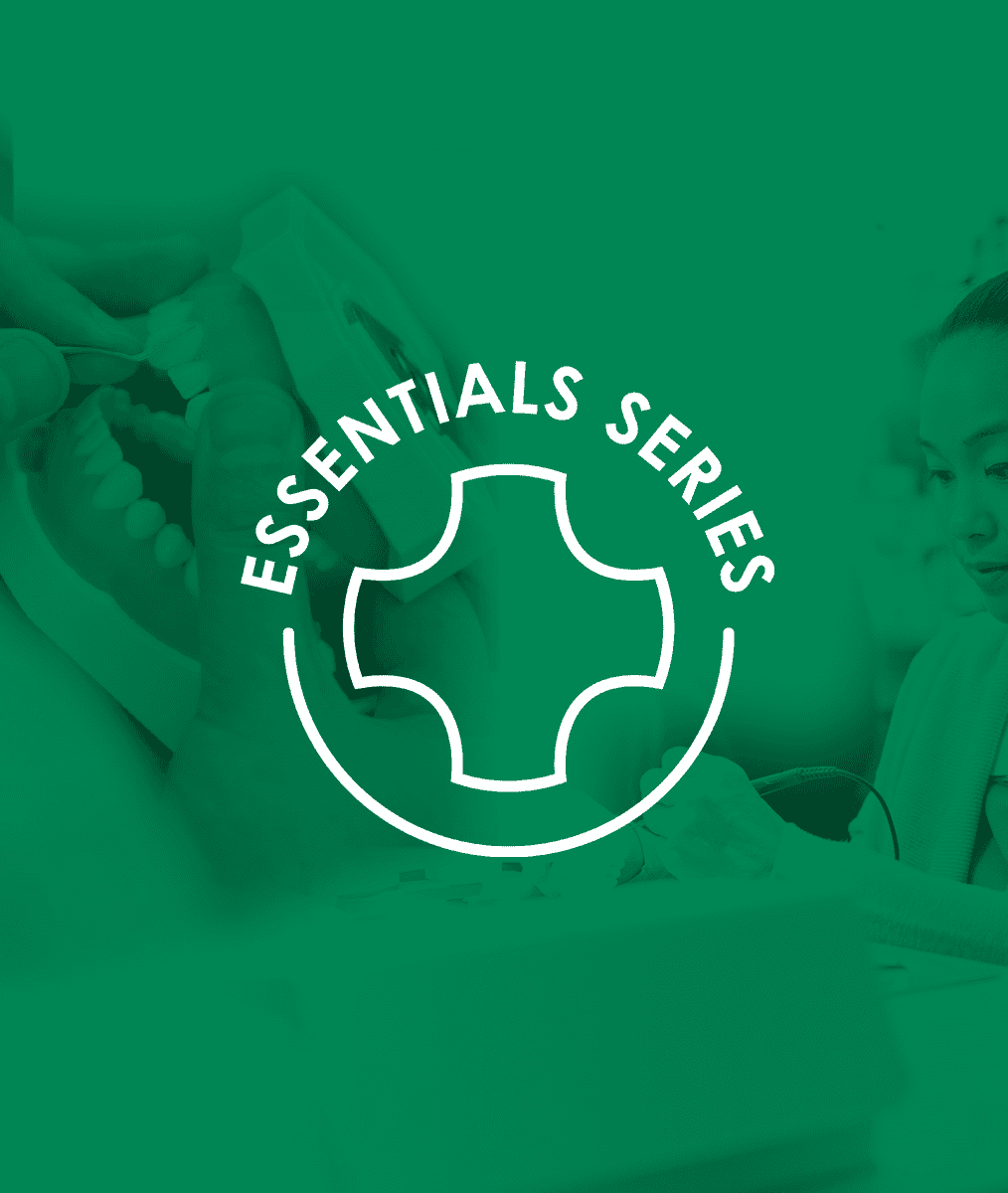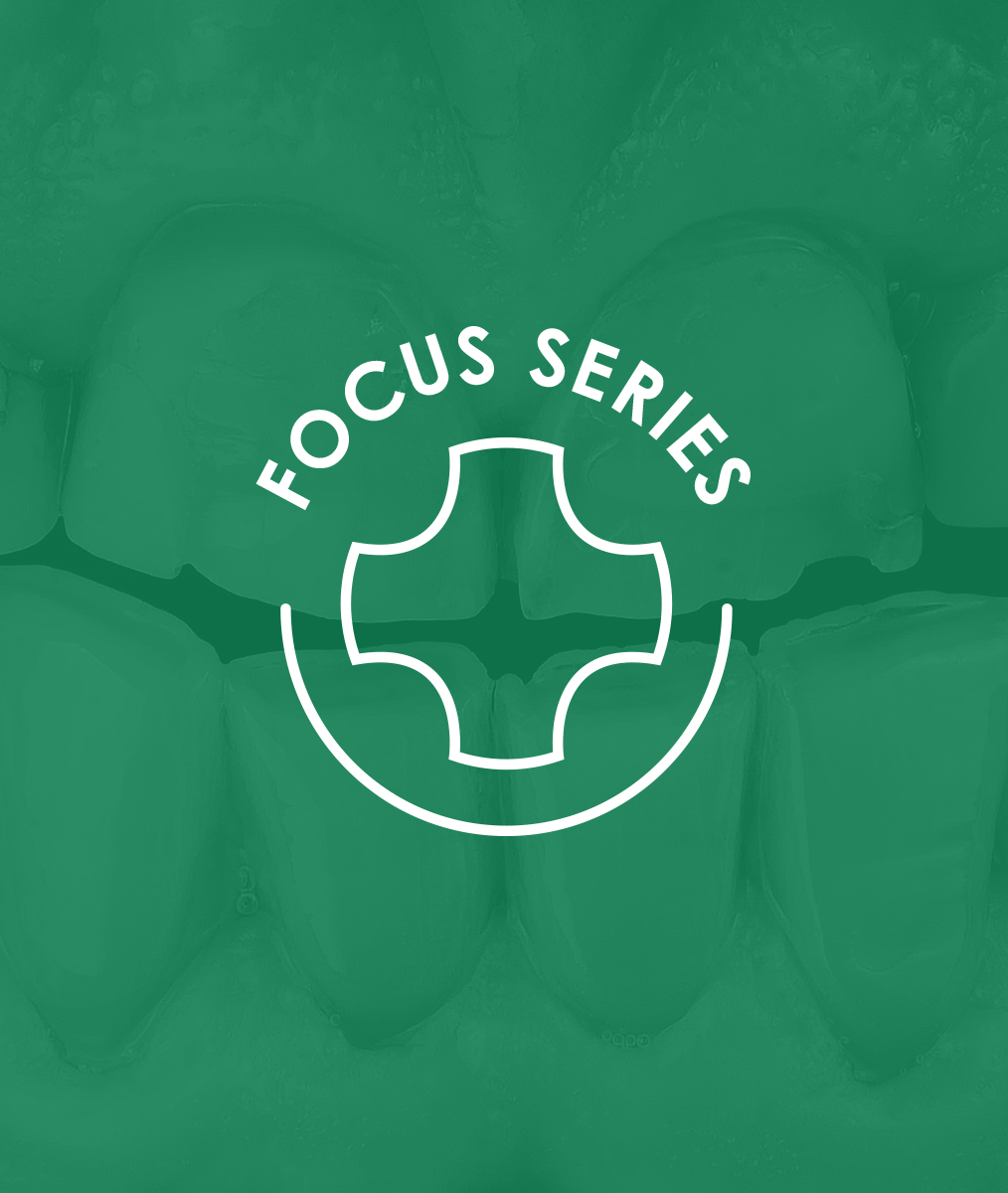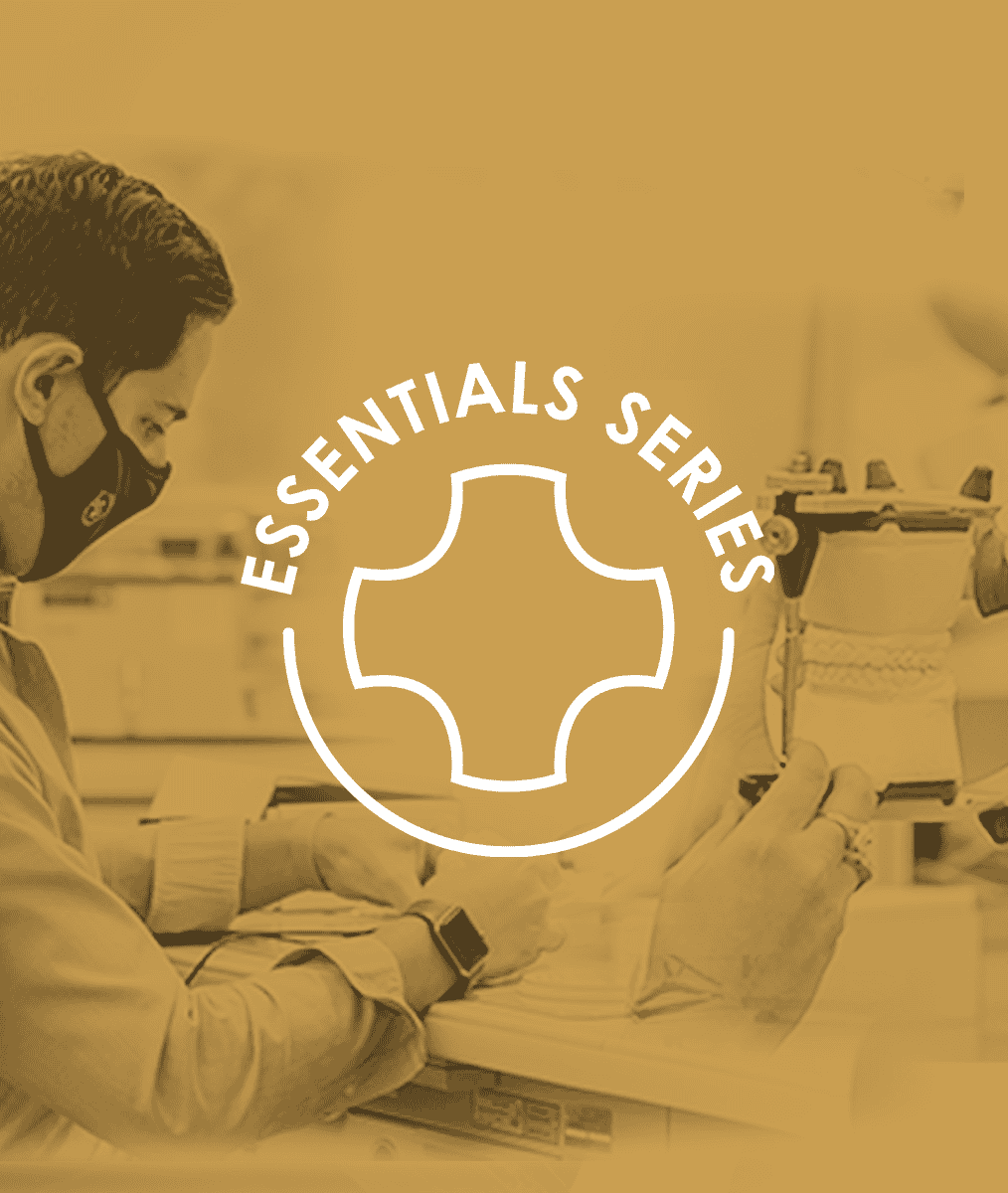Do You Have a Marketing Problem?
Seth Godin recently asked, “What are the symptoms of a marketing problem?” and continued…
We have a ‘marketing problem’ when:
- There are people who would benefit from your work who aren’t engaging with you.
- There’s a change you seek to make in the culture, but it’s not happening.
- You’re having difficulty persuading other people of your point of view.
- The service or product you make isn’t resonating with those you seek to serve.
- You’re fighting in a race to the bottom, and it’s wearing you out.
If you have a marketing problem, how much time are you spending working on a marketing solution? …You can’t solve your marketing problem tomorrow by simply repeating what you did yesterday.
At the Root of Your Problem
Broaden your thinking and consider what is at the root of why you aren’t doing more of the dentistry you want to do and building a larger base of patients you enjoy. There are two primary reasons why dentists fail at meeting their desired practice goals:
- They’re not very good at delivering on the promise, and therefore aren’t getting very many internal referrals and excellent digital reviews. (Marketing doesn’t solve this. Other things do. This isn’t really a marketing problem, is it?)
- They are not well known in their community for being the genuinely caring and “honest” type of dentist that patients crave most. And they are not well known for being the perfect fit to compassionately and predictably solve complex oral health problems to significantly improve quality of life. (Marketing can help solve this, but how?)
Resolving Your Problem
Most dentists naturally focus on developing their skills and then struggle in the shadows with an amazing skill set that few people seem to appreciate. How do you best approach resolving issue #2? That depends on what it is that you’re trying to achieve. What is your purpose? And what are the principles and philosophy that stands behind that purpose? Because it’s your principles and philosophy that you need to be promoting and projecting out into the public sphere, not just the flash…not just the “how to”…and certainly not the doctor dancing around the office and bragging about how great he or she is.
Patients need to be genuinely impressed and more than satisfied so they spread high praise in your community. You and your entire care team need to give them things to talk about…what it is different about your approach….the relationship they have with you…the experience they have in your office…how well they are informed…the excellent results they enjoy…
Clearly speak about your principles and philosophy in mindful, emotionally intelligent conversations with patients. Clearly write about your principles and philosophy of practice on your website. Listen and read “well” what patients say about you. What do they love? This is significant content for your website, blog and other external marketing.
It comes down to: What is it that you can do that is deeply significant to your target audience, and how can you best convey that information and feeling to them on a consistent enough basis that they want your care?
The foundational, solid relationship you build with them using highly attuned emotional skills will support treatment acceptance congruent with what they value and congruent with what you explain is in their best interest to meet their oral health and smile objectives.
That’s what marketing is about, and it is both an internal and external process that must be constantly fine-tuned and consistently evolving within yourself, within your interactions, and within your messaging inside and outside of your practice walls.
Related Course
E3: Restorative Integration of Form & Function
DATE: August 11 2024 @ 8:00 am - August 15 2024 @ 2:30 pmUnderstanding that “form follows function” is critical for knowing how to blend what looks good with what predictably functions well. E3 is the phase of your Essentials journey in which…
Learn More>














